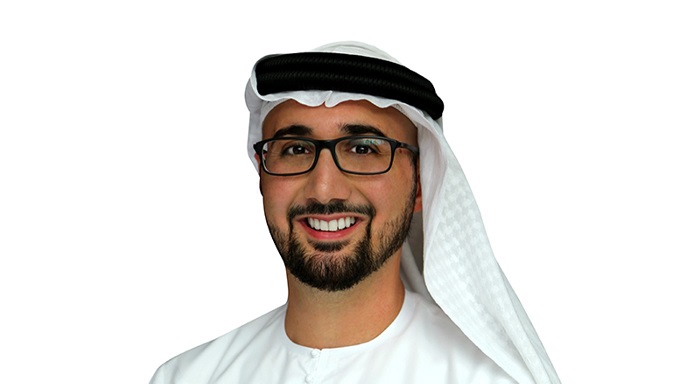The Abu Dhabi Investment Office (ADIO) has launched a new policy to maximise the environmental, social and governance (ESG) benefits of its incentive and public-private partnership (PPP) programmes for investors and the people of Abu Dhabi.

ADIO’s policy outlines how ESG standards and considerations are integrated into investment and business decision-making regarding Abu Dhabi projects and businesses supported by ADIO’s various programmes, in order to promote the establishment and growth of sustainable investment in the emirate.
The policy allows ADIO to further encourage companies that have sustainability principles embedded into their management and operations, and to start the important discussion with those that don’t yet have embedded ESG standards. ADIO’s ESG policy will apply to ADIO’s partners under its Innovation Programme and PPP transactions. The policy also aims to open dialogue and new pathways for businesses and entities across Abu Dhabi to engage on ESG topics.
Dr. Tariq Bin Hendi, Director-General of ADIO, said, “While the ‘G’ in ‘ESG’ is often underrepresented, it is important that governance should be the starting point as it shapes the purpose of a company and defines opportunities in the long-term. The integration of ESG standards and values into business and investment decisions helps to improve company performance, reduce risk and drive growth. By formally integrating ESG principles into ADIO’s decision and investment process we aim to further support the development of Abu Dhabi’s private sector.”
Bin Hendi continued, “Our ESG policy supports Abu Dhabi’s diversification strategy and focuses on developing sustainable business practices that encourage long-term growth. Together with Abu Dhabi’s leading organisations, we are committed to enhancing ESG initiatives in the emirate as we work towards a common goal of achieving a sustainable future and ESG dividend that benefits all.”
The resulting ESG policy draws on global benchmarks including the UN Sustainable Development Goals, Equator Principles, Paris Agreement and Task Force on Climate-related Financial Disclosures (TCFD), to focus on six key ESG factors: environmental risk management and sustainability, Emiratisation, worker and public safety, social development, business integrity and human rights.
In 2020, ADIO formed a joint public-private sector working group to consider local and international ESG challenges and develop a roadmap to highlight how the Abu Dhabi ecosystem can collaborate on key ESG initiatives to drive value and investment opportunities. The working group comprised of the Abu Dhabi Department of Economic Development (ADDED) and other leading Abu Dhabi companies from across the ecosystem.
Through a principle-based approach, ADIO’s policy promotes the incorporation of ESG considerations into the decision-making, management and operational processes of all partner companies within ADIO’s Innovation Programme and PPP transactions. The policy clearly articulates ADIO’s expectations regarding the commitments of its partner companies towards ESG goals and outcomes to ensure long-term, sustainable projects, businesses and industries that underpin the continued diversification and transformation of Abu Dhabi’s economy, for the benefit of all parties.
The policy enhances Abu Dhabi’s value proposition by providing increased support for the ongoing integration of ESG standards across the ecosystem, and in doing so, further strengthening the stability of the economy with a robust private sector.
ADIO’s ESG policy can be downloaded here:
https://www.investinabudhabi.gov.ae/News/ADIO-launches-ESG-policy-to-foster-long-term-sustainable-growth-in-Abu-Dhabi ADIO will be releasing an accompanying report in February that highlights the ESG factors relevant to ADIO and Abu Dhabi from a local and global lens. Multiple global investor surveys have emphasised the importance of ESG integration into investment decisions, with factors ranging from impact on financial performance and credit ratings to risk management and brand reputation. The report will incorporate findings from the working group and global ESG and impact experts, set out the context for establishing an ESG policy and outline the opportunities and risks of integrating ESG standards into business and investment decisions.












